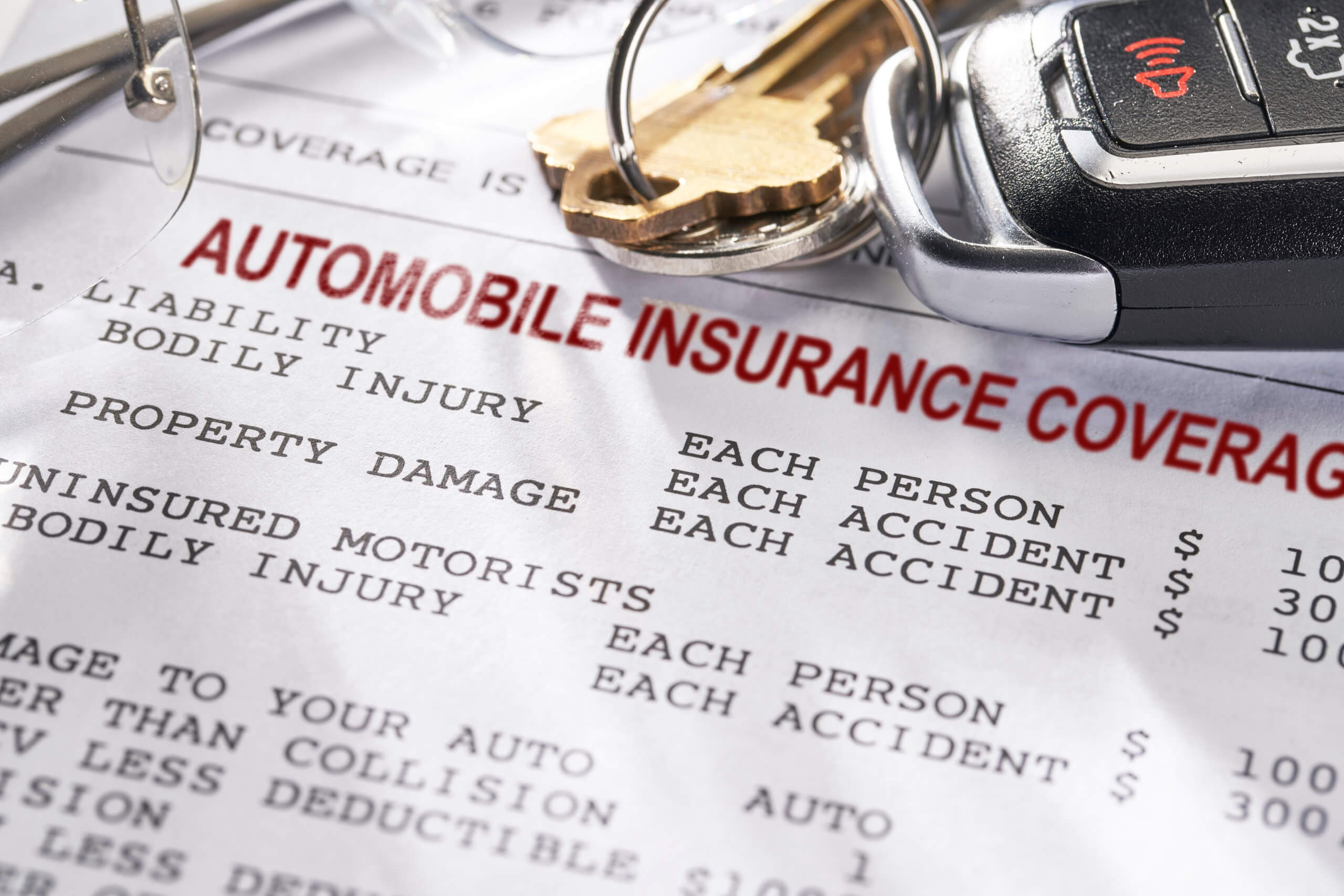Car insurance in New Jersey can be confusing because New Jersey is a no-fault state. In a no-fault state, each person who is involved in a motor vehicle accident files claims for medical bills against their own car insurance policy. If the person does not have car insurance, they can file a claim for medical bills against a car insurance policy for a family member with whom they live.
If no household family member has car insurance coverage, the person can file a claim against the insurance policy covering the vehicle or possibly file a claim against the other driver. Because there could be several insurance policies that could apply in your case, it is best to discuss your claim with a New Jersey car accident lawyer before accepting a settlement.
What Is Personal Injury Protection Insurance?
Anyone who owns or drives a car in New Jersey is required to carry personal injury protection (PIP) coverage. PIP coverage pays your medical expenses incurred because of a car accident, regardless of who was at-fault for causing the crash. However, your PIP coverage may not be sufficient to cover all your medical bills. Therefore, you may need to file additional claims to ensure that your medical bills are covered.
Liability Insurance Claims in New Jersey
Liability insurance covers claims by accident victims when you cause an automobile accident. This type of car insurance typically follows the car. Therefore, if someone is driving your vehicle with your permission or you are driving another person’s vehicle with their permission, the liability insurance policy that covers that vehicle would apply in the event of a car accident. However, a policy could exclude “permissive use” coverage, which would mean that the policy would not cover accidents caused by any driver not listed on the liability car insurance policy.
Furthermore, New Jersey’s no-fault insurance laws complicate the matter further. You can only sue another driver who was at-fault for causing a car crash under certain circumstances. In other words, you cannot recover compensation for loss of income, pain, and suffering unless you meet certain criteria. If you choose the unlimited right to sue option when you purchased your car insurance, you can sue the at-fault driver. However, many people do not choose this option as it increases their insurance premiums.
If you do not have an unlimited right to sue option, you might still have the right to sue if you sustained certain injuries, including permanent disabilities, significant disfigurement, loss of a fetus, amputation, or certain fractures.
What Should I Do After a Car Accident in New Jersey?
If you did not incur a loss of income and your PIP coverage pays your medical bills in full, you may not need an attorney. However, if you sustained severe injuries, your PIP does not cover your medical bills, you have substantial financial damages, or you are just unsure about your options, you may want to contact an attorney to discuss your case before proceeding with any claims. Once you settle an accident claim, you may lose your right to file additional claims or seek additional compensation.
Contact a New Jersey Car Accident Lawyer for More Information
If you have questions about car insurance claims, contact our New Jersey car accident lawyers for a free case review. Learn about your options and legal rights so you can make an informed decision about your personal injury claim.

